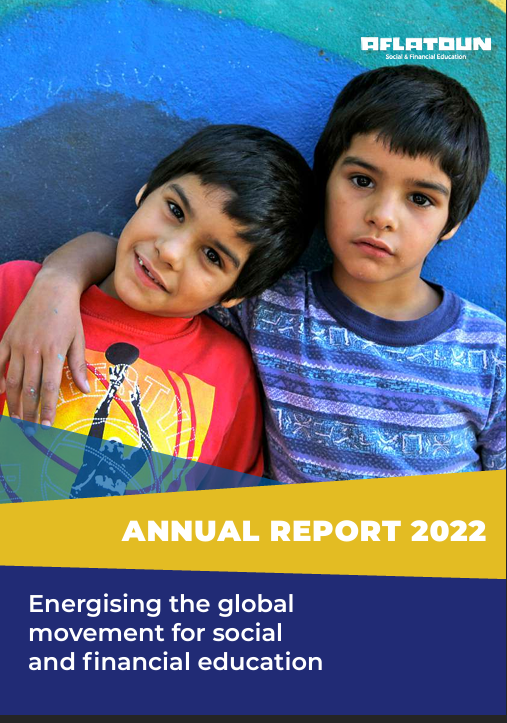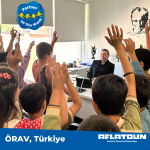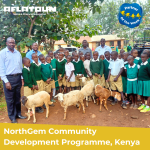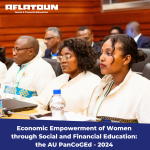Located in Kinshasain, Democratic Republic of the Congo ASPADI is an organisation dedicated to empowering young people through vocational training and entrepreneurship programmes. Understanding the pressing need to combat poverty and unemployment, ASPADI focuses on equipping youth with practical skills and knowledge to create their own opportunities in a challenging economic landscape.
Our Partnership
Aspadi has been a partner of Aflatoun since 2020 to promote social and financial education among children and young people. By using the Aflatoun curriculum, ASPADI ensures that its training programmes not only impart technical skills but also instil essential financial literacy and entrepreneurial mindset among its beneficiaries.
Empowering Youth for Sustainable Change
The primary goal of ASPADI is clear: to empower young people to break free from the cycle of poverty by providing them with the tools and resources they need to create their own livelihoods. By offering vocational training in fields such as hairdressing, carpentry, and sewing, ASPADI equips young individuals with tangible skills that are in demand within their communities. Additionally, through entrepreneurship training, ASPADI fosters a culture of innovation and self-reliance, inspiring young graduates to become job creators rather than job seekers.
Transforming Lives Through Comprehensive Training
ASPADI’s multifaceted approach to youth empowerment has yielded remarkable success stories, demonstrating the transformative impact of its programmes. One such success story involves a cohort of young individuals who underwent comprehensive training in various disciplines offered by ASPADI.
In hairdressing, 12 boys received training, perfecting hairstyling and grooming. Similarly, 14 girls worked on their skills in sewing, showcasing their talents in garment creation and textile work. Moreover, 15 boys delved into the world of carpentry, developing their craftsmanship and woodworking abilities under ASPADI’s guidance. However, perhaps the most significant impact is ASPADI’s entrepreneurship training programme, which empowered 35 young graduates to pursue their entrepreneurial aspirations. Equipped with essential knowledge and skills, these students are now ready to launch their own income-generating initiatives, contributing not only to their own economic well-being but also to the development of their communities.
In conclusion, ASPADI’s commitment to empowering youth in the Democratic Republic of the Congo through vocational training and entrepreneurship is a testament to the power of education and skill development. By providing young people with the means to create their own opportunities, ASPADI not only addresses the immediate challenges of poverty and unemployment but also lays the foundation for sustainable socio-economic development in the Democratic Republic of the Congo.

















